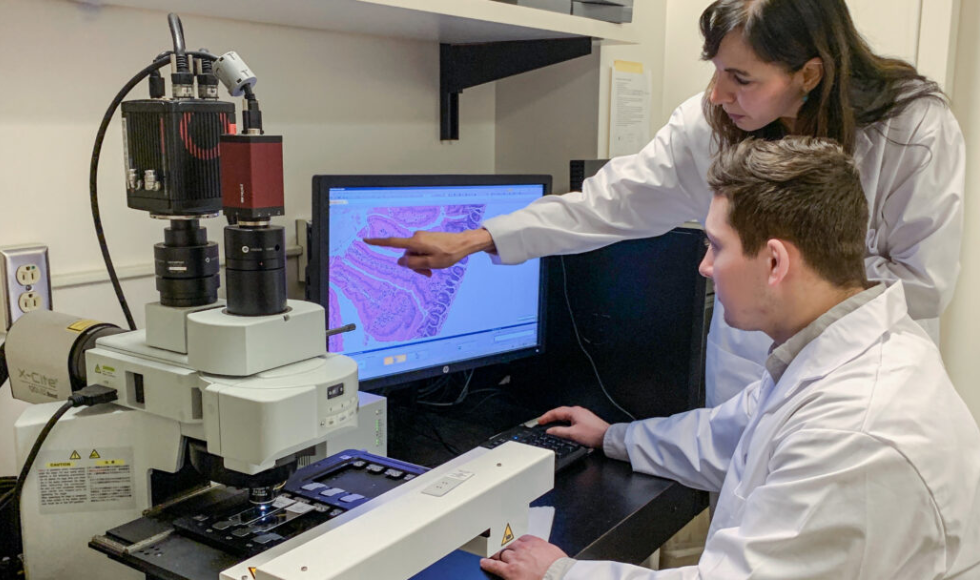McMaster researchers reveal surprising impacts of common food additive on gut health

Researchers from McMaster University and TOXALIM Research Center in Food Toxicology at INRAE, France, have unveiled findings on the long-term effects of the common food additive silicon dioxide (SiO2) on gut immune health. The study, a first-of-its-kind investigation into the chronic effects of SiO2, reveals that while the additive does not directly damage the gut lining, it significantly alters immune cell function.
The research was led by Elena Verdu, professor in the Division of Gastroenterology at McMaster’s Department of Medicine and associate director at the Farncombe Family Digestive Health Research Institute. Preclinical models were used to study SiO2’s impact. “Our study is pivotal in understanding how common food additives we consume daily might influence gut health,” stated Verdu. The team utilized a mouse model carrying human celiac genes and another model for oral tolerance to common food proteins.
Findings showed that prolonged SiO2 exposure led to increased reactivity towards ovalbumin and reduced regulatory immune cells involved in oral tolerance. Resulting in the mice with human celiac genes showing more gut lining damage and higher inflammation levels when exposed to SiO2.
“Our research raises concerns that chronic intake of commonly used food additives in food processing such as SiO2, could contribute to gastrointestinal immune-mediated diseases, such as food allergy or celiac disease”, said Mark Wulczynski, PhD student and co-author of the study.
The study, funded by the French National Research Agency and the Canadian Institute of Health Research, demonstrates that food additives considered safe might still promote low-grade inflammation in the gut, potentially triggering food sensitivities or conditions like celiac disease. “We need to rethink our approach to food additive safety, particularly considering their chronic effects on gut immunity,” added Verdu.
These findings are crucial as gastrointestinal conditions are on the rise globally, especially in Westernized societies, with dietary changes and processed foods playing a significant role.
“Our findings should raise concerns in those suffering from food sensitivities. In addition, it highlights the need for health care professionals of patients with gastrointestinal conditions to instill the value of a healthy diet and to limit intake of processed foods.” Wulczynski notes.
The study, Evaluating the effects of chronic oral exposure to food additive silicon dioxide on oral tolerance induction and food sensitivities in mice, published in Environmental Health Perspectives on February 21, calls for further investigation into the impacts of food additives on health and heightened consumer awareness of their potential effects.
Research Findings